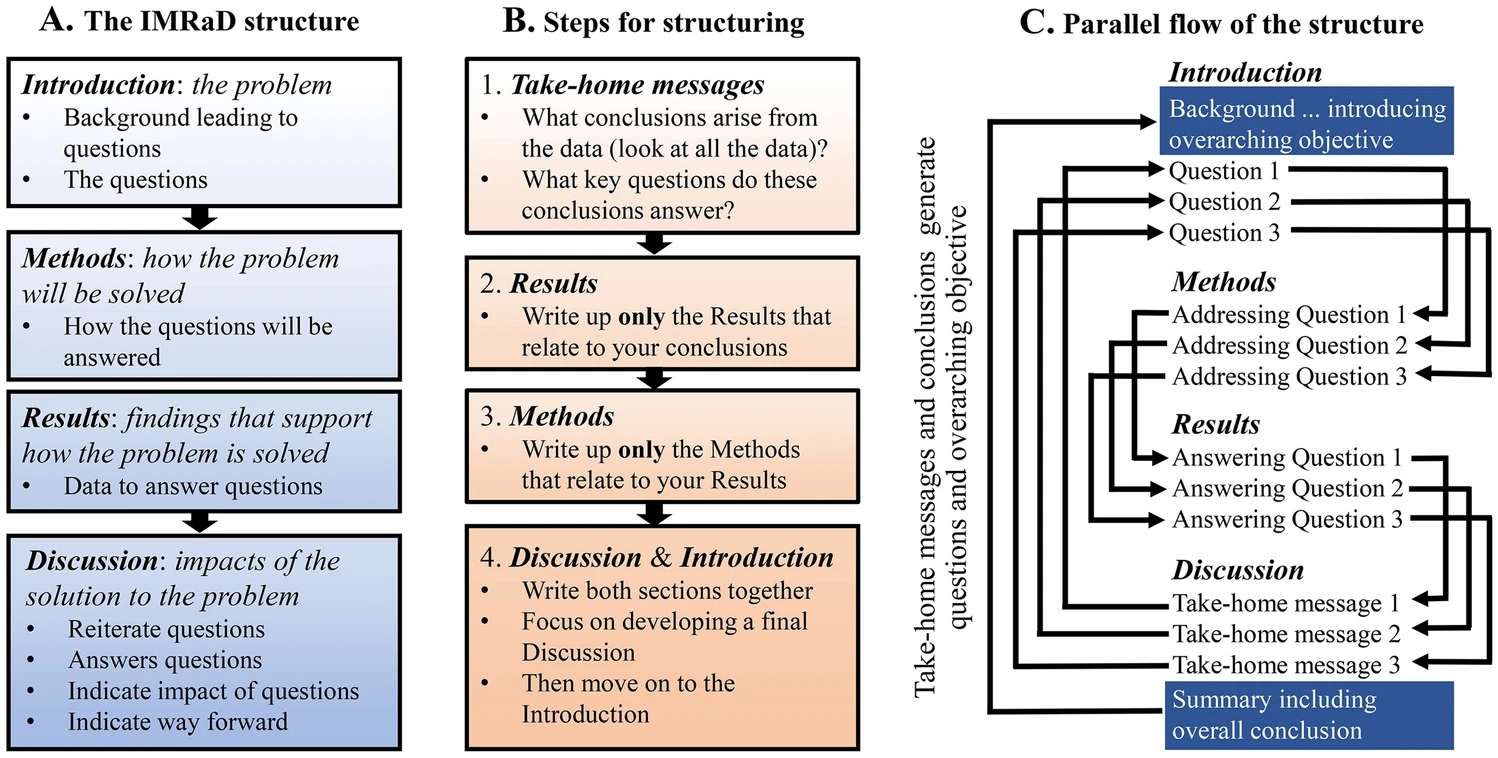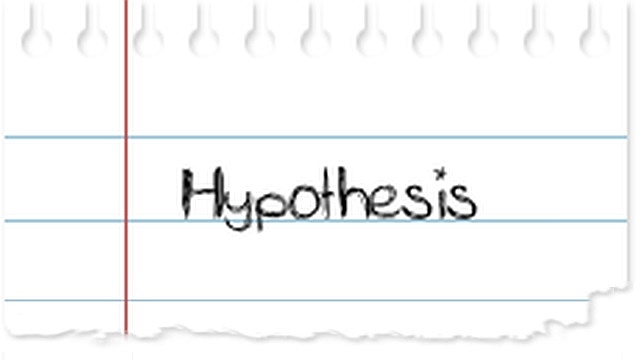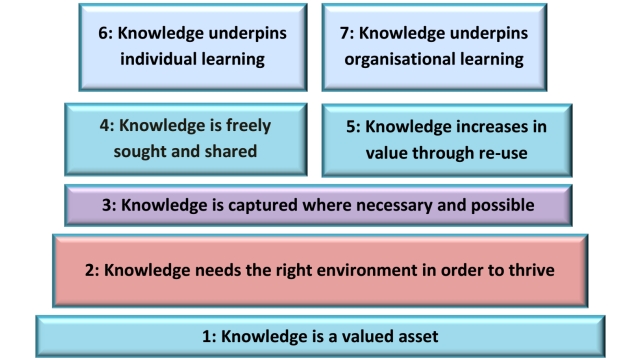
In the know: White House Indigenous Knowledge Guidance | Science isn’t storytelling | Becoming Adaptable review
In the know is a regular roundup of knowledge management (KM) topics of discussion and the articles, events, videos, and podcasts that are grabbing the attention of KM experts across our community.
White House releases Indigenous Knowledge Guidance for Federal Agencies
The White House Office of Science and Technology Policy (OSTP) and the White House Council on Environmental Quality (CEQ) have jointly released new government-wide guidance and an accompanying implementation memorandum for US Federal Agencies on recognizing and including Indigenous Knowledge in Federal research, policy, and decision making.
“Federal decision making is best when informed by all forms of knowledge,” said the President’s Science and Technology Advisor and OSTP Director Arati Prabhakar. “This Guidance will help Federal agencies integrate Indigenous Knowledge in their work – from research, to environmental rulemaking, to co-management of lands and waters.”
To develop the guidance, OSTP and CEQ led a working group of more than 25 Federal departments and agencies. The White House engaged more than a thousand individuals, organizations, and Tribal Nations on elevating Indigenous Knowledge in Federal decision making.
Science isn’t storytelling
In an article in his Science Fictions newsletter, Stuart Ritchie criticizes an editorial in the journal Marine Life Science and Technology. The editorial1 – titled “Finding Your Scientific Story By Writing Backwards” – argues that a scientific paper needs to have “take-home messages,” which are the big points that conclude the “scientific story” told by the paper.
The editorial authors provide the following diagram showing how they believe researchers should go about writing scientific papers. The left-hand column is the standard way of structuring a paper, and the middle column is their suggestion for how it should be done.

Ritchie alerts that telling researchers to “Write up only the Results that relate to your conclusions,” “Write up only the Methods that relate to your Results,” and write the Conclusion first and the Introduction last is a recipe for bad studies. He warns that:
it encourages the cherry-picking of results that went your way and the hiding of those that didn’t. It encourages Hypothesising After the Results are Known (HARKing), the kind of miniature historical revisionism where you rewrite your plan for the study to fit its outcome, rather than saying whether the results supported or went against your original hypothesis. We know how easily these practices can distort the scientific record and give us false-positive, nonsense results.
Having a pre-existing conclusion – a “take-home message” – in mind is one of the most reality-distorting influences on our thinking.
Ritchie goes on to discuss how explicitly arguing that scientists should pay attention to the aesthetics of their “story” just reinforces problems in our already broken scientific journal system.
Further to Ritchie’s criticisms, it’s difficult to see any point to what the editorial has proposed, given that there are already highly effective science communication platforms such as The Conversation and 360info (and RealKM Magazine). It appears that the editorial authors may have just jumped on the storytelling hype bandwagon, ignoring not only the valuable work that is already being done on science communication, but also that “Writers can’t always be trusted when they talk about the power and importance of story.”
Becoming Adaptable: a book review
A review of Dr Arthur Shelley’s new book Becoming Adaptable, Creative facilitation to develop yourself and transform cultures has been published by Ana Neves, who is Partner of Knowman, author and host of KMOL, and organiser of Social Now.
Dr Arthur Shelley is a RealKM Platinum Patron – and our most generous financial supporter – so we very much encourage you to read the review and consider celebrating his generosity by investing in a copy of Becoming Adaptable.
References:
- Montagnes, D. J., Montagnes, E. I., & Yang, Z. (2021). Finding your scientific story by writing backwards. Marine Life Science & Technology, 1-9. ↩
Also published on Medium.





